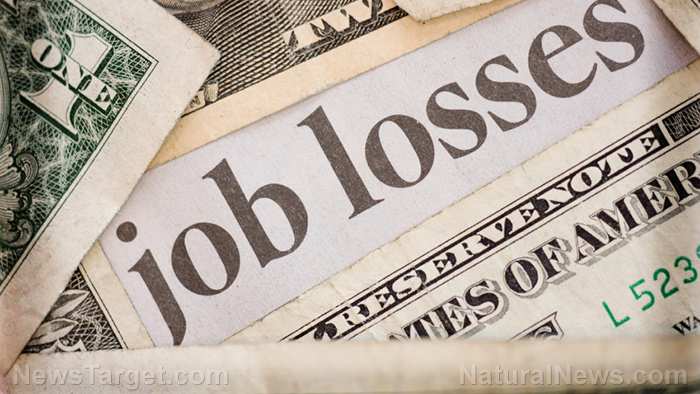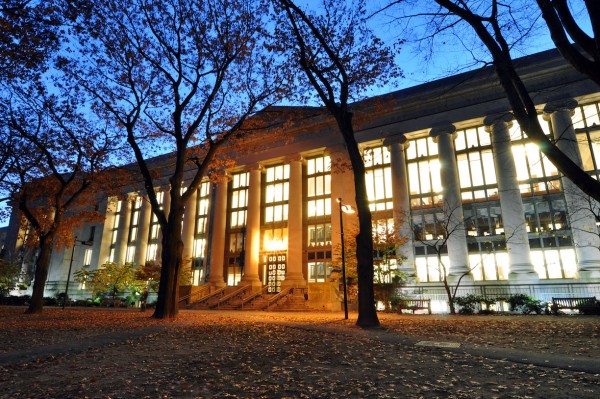
- A survey reveals 81 percent of U.S. workers fear unemployment in 2025, with 20 percent feeling "much more worried" than in 2024, as layoffs rise and economic instability grows.
- The survey reveals that employees are having a pessimistic labor market outlook, with 76 percent predicting increased layoffs, 92 percent preparing for a recession, 63 percent expecting more business closures and 52 percent anticipating worsening burnout due to workload and job insecurity.
- With "The Great Stay" trend, employees hesitate to switch jobs due to uncertainty – only four percent feel completely secure, while 61 percent plan to upskill to stay competitive.
- There are also several key burnout drivers, including job insecurity (43 percent), increased workloads (29 percent) and poor work-life balance (23 percent).
- Analysts attribute worker anxiety to unpredictable layoffs, economic shifts and eroded trust in once-stable institutions, calling it a rational response to systemic instability.
Experts: Employees are not overreacting
Experts who commented on the results claimed that employees are not overreacting; they're simply responding to an unpredictable job market that offers little reassurance. CEO Patrice Williams Lindo of Career Nomad stated that layoffs have been occurring "in an unpredictably regular fashion since the start of the year," leaving employees feeling uneasy. "The economy feels unpredictable. Tariffs are shifting. The news cycle is nonstop. Workers are tired of being caught off guard and the anxiety is palpable," Lindo said. "It's not just fear of job loss – it's fear of being forgotten, left behind or forced to start over without a safety-net income, financial security or health insurance, just to name a few. Even high performers are staying put in jobs they've outgrown, not because they want to, but because it feels safer than stepping into the unknown right now." Meanwhile, Adriana L. Cowdin, an entrepreneur and executive coach at Be Bold Executive Coaching, said the current turbulence does not compare to past crises but has still created a "uniquely destabilizing" atmosphere. Institutions once considered stable, including government jobs, are now signaling that "nothing is guaranteed." "I've seen how political and economic shifts shape job security perceptions – whether it was the dot-com crash in 2000, the ripple effects of 9/11, the 2008 financial collapse or the COVID disruptions," she said. "When that sense of predictability vanishes, people naturally start to wonder: If I can't count on the market, the government or long-tenured companies to stay steady, what can I count on? It's a logical emotional response. We're hardwired to spot patterns and protect ourselves from risk." Visit Collapse.news for more news related to mass layoffs caused by the impending economic collapse. Watch the video below that talks about mass layoffs causing a loss of confidence in the U.S. dollar. This video is from the What is happening channel on Brighteon.com.More related stories:
Coinbase announces second mass layoff – 20% of workers to lose jobs.
LAYOFF season continues: PayPal cuts off 9% of its global workforce – roughly 2,500 jobs.
Amazon to fire 10,000 employees in biggest layoff in company's history.
Sources include: YourNews.com MyPerfectResume.com Newsweek.com Brighteon.comU.K.’s GOV.UK One Login faces scandal as whistleblower exposes deep-spun security flaws
By Willow Tohi // Share
“Uncertain Peril”: How corporate control of seeds threatens food sovereignty and biodiversity
By Belle Carter // Share
By Lance D Johnson // Share
Gold surges past $3,400 as economic uncertainty fuels historic safe-haven rush
By Cassie B. // Share
Ancient hydrogen and magma ocean offer clues about Earth's origins
By willowt // Share
POLL: 81% of Americans fear job loss amid surging layoffs and economic uncertainty
By lauraharris // Share
"Uncertain Peril": How corporate control of seeds threatens food sovereignty and biodiversity
By bellecarter // Share








